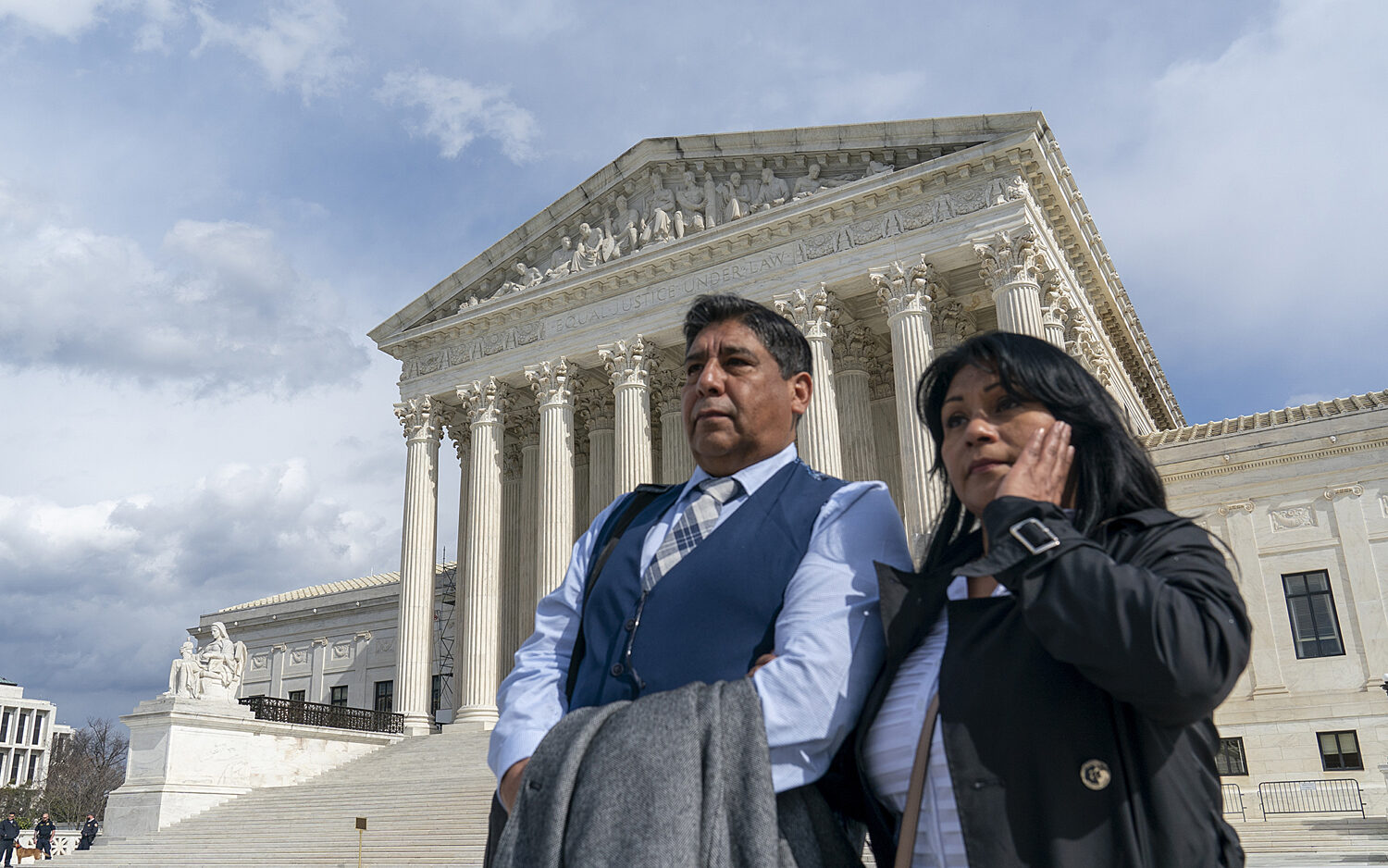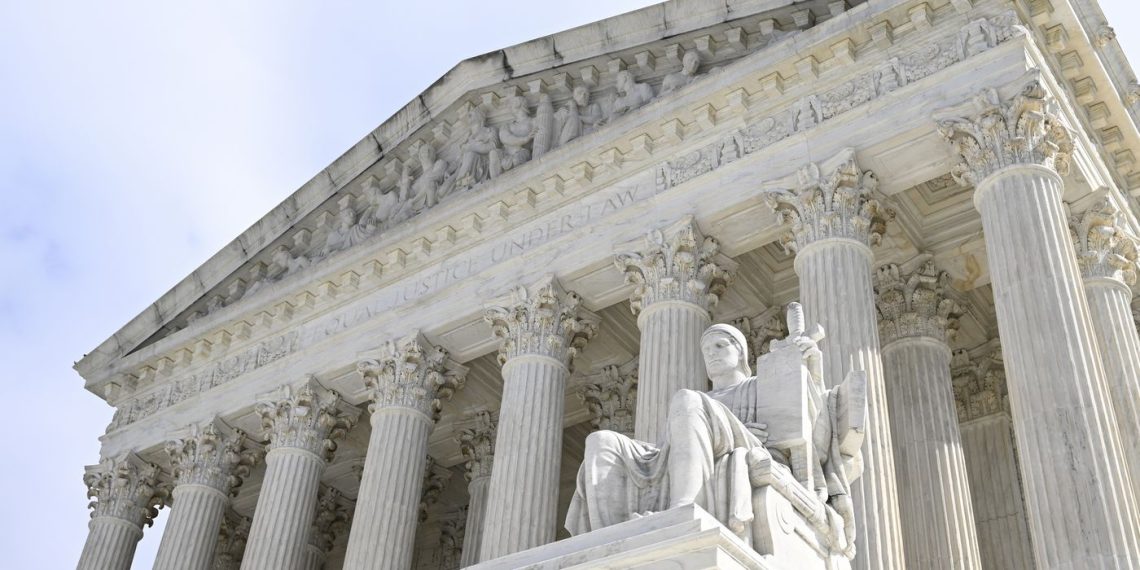The US Supreme Court is confronting two pivotal cases this week that could reshape the landscape of social media content moderation. Set to deliberate on Monday, the court will assess whether Texas and Florida should have increased authority over platforms like Facebook and TikTok, particularly in regulating what content can be removed.
At the heart of the matter lies the question: should social media companies be empowered to dictate the content displayed on their platforms, or should states have a say in moderating online discourse?
The laws in question seek to prevent platforms from removing user-generated content, even content that may promote hate speech or misinformation about elections. However, opponents argue that these laws infringe upon the platforms’ own freedom of speech guaranteed by the First Amendment.

The outcome of these cases could have profound implications for how Americans engage with social media, especially in the lead-up to the 2024 elections.
Florida and Texas maintain that their legislation is constitutional as it aims to regulate the business conduct of social media platforms, not their speech. Yet, critics warn of unintended consequences, such as hindering platforms’ ability to moderate harmful or misleading content.
The Supreme Court’s decision will not only impact the regulation of social media but also have broader implications for free speech and government intervention in online spaces.
As the court deliberates, the nation awaits a landmark ruling that could redefine the boundaries of online expression and influence the future of digital communication.


















